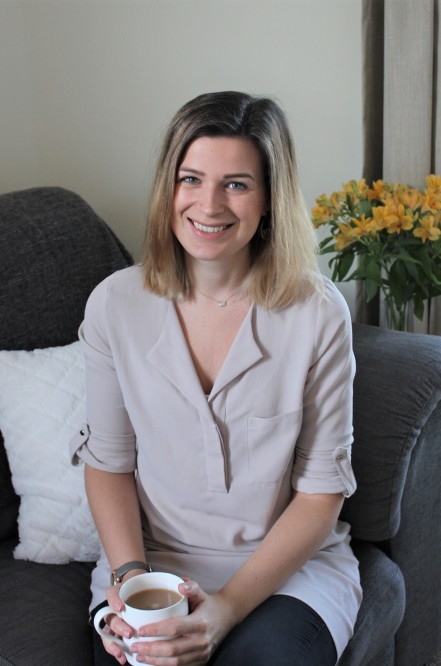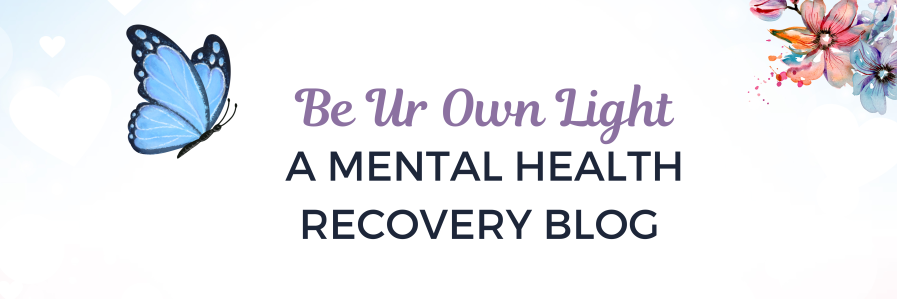
(image: Poppy Duffree)
Hi everyone, my name is Poppy and I’m a Professional Organiser and Declutterer based in Bristol.
It’s been a tricky time for a lot of people forced to stay inside unexpectedly and our home environment is playing such an important role in supporting us during this period.
Clutter and an unorganised space intensifies feelings of chaos, being out of control and stress. It’s more important than ever that we do everything we can to keep our spaces calm so that we feel safe and can relax inside.
A little about my story and how I got to where it was today. Seven years ago I found myself with severe anxiety and many of the triggers were work-related. After a round of effective CBT, I handed my notice in. I needed a fresh start, to feel ‘free’ again and to take some time to find what I wanted and needed out of life. At the time, that came in the form of deciding to go travelling around the world, with no set plan and no return date.
That decision forced me to look at ALL my stuff. In the midst of my anxiety and unhappiness I had bought so many things to try and mask those feelings, to give me moments of excitement and distract myself from the real problems I was facing. Moving out of a shared flat in London with no plans to move elsewhere, I had no choice but to drastically cut back what I owned to place in storage.
I went from being able to pretty much being able to fill a Luton Van with a tail lift, to about six small boxes and four suitcases. I’d never felt so liberated, free and felt physically lighter. That really taught me the value in having fewer possessions – having so much stuff around me had been contributed to my anxiety. When we start to think about it, we realise that possessions take up our time; they need looking after, moving around, re-organising, fixing and then ultimately – disposing of. This can be stressful and often why these things feel so overwhelming.
I love working as a Professional Organiser and Declutterer because I get to help people gain control of their environments and feel freer and lighter, which is incredibly rewarding. I still have to manage my own mental health carefully and I know that having an organised physical and digital space is something that supports me. As many of us know, sometimes it’s hard to control how we feel and so anything that we can do to support us and makes things easier when we are having days that are harder than others, is invaluable.
Decluttering and organising physical items is now a very ‘on trend’ thing to do and the mental health benefits are widely recognised. It’s great that there’s so much help and information out there on this topic and the majority of the clients that I work with are primarily seeking assistance with physical items. However, what is often left out of the narrative is decluttering and organising your digital space.
Let’s say we have our physical surroundings organised and it’s helping to support us in feeling calm and in-control. We’re sitting at home and we open our laptops and phones and are met with a barrage of unorganised files, unnecessary content, emails we’ve left unread for months and notifications everywhere. All of a sudden, our environment is actually our digital space, as that is where our focus is. It can be very overwhelming, draining and cause us anxiety and stress.
Given how much time we spend in our digital spaces, it’s so important we declutter and organise them like we would our physical environments so that they also support us.
Some top tips for digital organisation:
- Phone Apps: Delete phone apps you no longer use. This reduces notifications and means less app to have to update.
- Social Media: Declutter your social media feeds. Be in control of the content you are seeing and unfriend/unfollow those accounts that do not provide you with content that is useful or positive.
- Desktop: Clear your desktop of all documents and folders. Opening up your computer to be met with clutter can be an instant stressor, before you’ve even begun working on anything.
- Newsletter Emails: Reduce unnecessary newsletters. Search for the word ‘unsubscribe’ in your inbox and it will bring up any newsletters you’ve subscribed to. This allows you to start going through those that you no longer want and unsubscribing to them, meaning less emails coming in in the first place.
I’d recommend doing a deep-dive into all things digital so that all your clutter is cleared and you have organised documents so you can remain focused on your priorities, rather than having to fight off distractions.
Not everyone can afford the services of a Professional Organiser and so during lockdown, I’ve been creating some resources and workbooks that are more budget friendly, to help people get organised and clear out their spaces (physically and digitally) from the comfort of their own home.
I’ve created a 25 page step by step workbook to help you with this called ‘The Ultimate Digital Declutter and Organisation Workbook’. It’s broken down into four key areas; desktop, emails, phone and social media. There are a variety of tasks with step by step instructions to help you get organised with ease.
The link between our environment and our mental health is very real and so I’d love to offer you 25% off with the code ‘BEUROWNLIGHT25’ to help you tackle this area.
If you do decide to put any of these into action, I would LOVE to see your before and after pictures, screenshots or figures. Please feel free to tag me in them @organisewithpoppy if you’d like me to share them with my followers too!
Happy Organising! ☺
Poppy | Organise with Poppy
Instagram – regular tips: https://www.instagram.com/organisewithpoppy/
Workbooks – downloadable PDFs: https://www.etsy.com/uk/shop/OrganiseWithPoppy
Website – in-person services: http://organisewithpoppy.co.uk
Poppy Duffree is a professional organiser and declutterer, based in Bristol UK, with her business Organise with Poppy. She is a guest blogger for us and is offering all readers 25% off her services.









